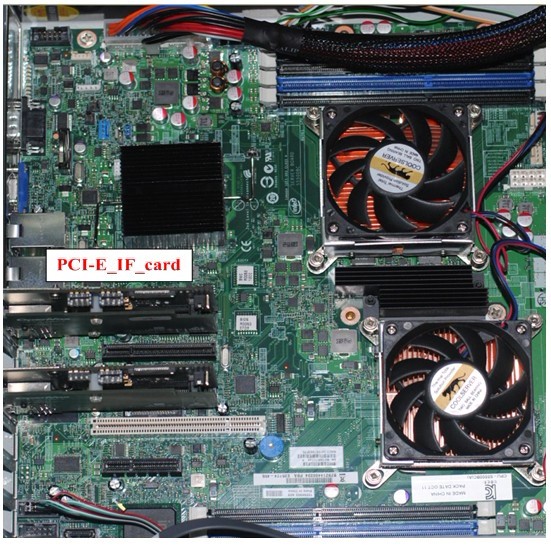It’s always been a big challenge to make large volume concurrent calls or install many telephony interface cards with an asterisk server. OpenVox implemented now new 4 port T1/E1/J1 interface card which supports PCI or PCI-E bus and provides some advanced features such as adjusting the interrupt number, modifying the interrupt frequency, supporting firmware upgrade onsite, etc. They improved the firmware of D430 to achieve better performance. Now, the firmware 1.5 enables the asterisk server to support up to 32 E1 interfaces which means it can have 960 SIP-to-TDM concurrent calls.
D430P supports PCI bus and D430E supports PCI-Express. While OpenVox was working on D430 firmware improvement to achieve higher performance, now the V1.5 version of firmware perfectly solves running up to 32 E1 interfaces in the single Asterisk server, i.e. realizing 960 concurrent SIP to TMD calls.
There are two optional Enhanced functions with the combination of D430 and V1.5 or higher firmware version, which are APU (embedded Application specific processor unit) and IRQ (interrupt agent). Benefits of APU and IRQ are described as follows:
APU: Processor unit collects dozens even hundreds read and write transmissions firstly, and then transmit them suddenly. The function greatly reduces CPU usage rate of each card need, and provide excellent conditions running multiple telephony cards in a single Asterisk server.
IRQ Agent: This function just allows only one card among several to register and apply interrupt, which avoids interrupt number sharing and conflict and reduces assignment change over head of the system.
The specialized and customized DAHDI driver of OpenVox controls these issues by two parameters use_apu and irq_agent which are able in default.
Read more …